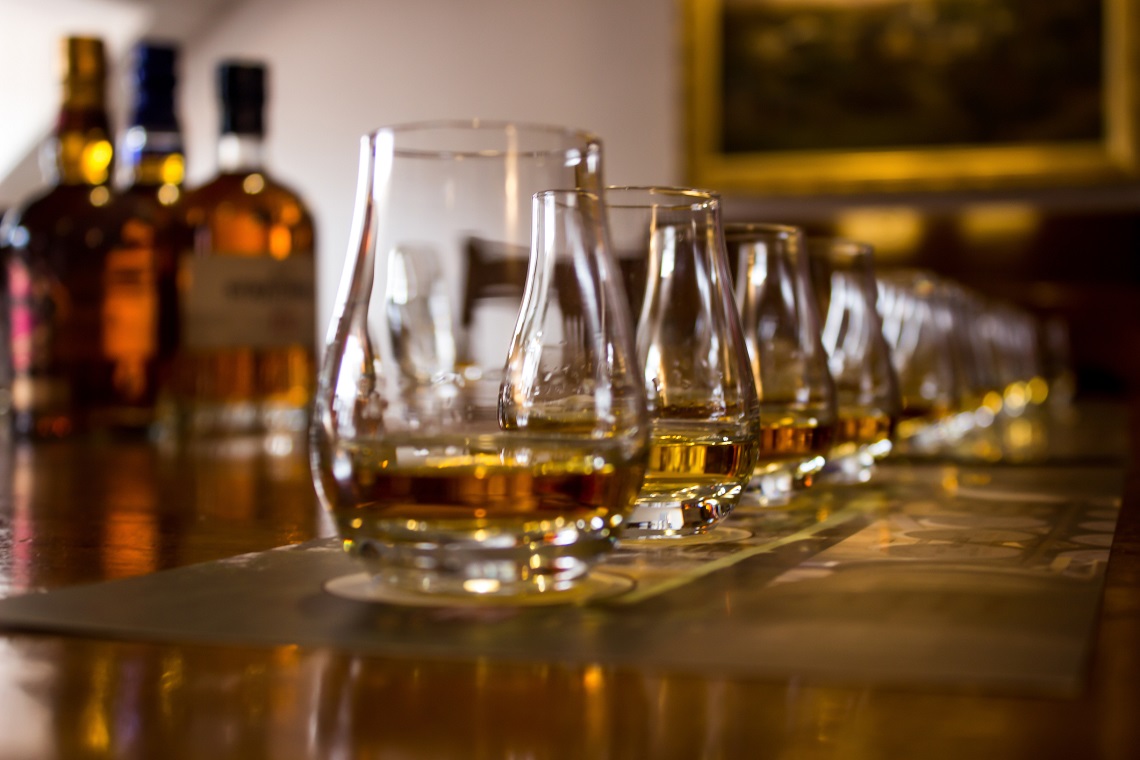The twice yearly increase in excise rates will hit again this week, with the price of spirits, RTDs Brandy and beer all set to increase thanks to yet another tax hike.
Spirits, RTD and Brandy excise rates will all increase by 3.7 per cent from 1 February, meaning the rates per litre of alcohol (LAL) will $97.90 for spirits and RTDs, up from $94.41 per LAL, and $91.43 per LAL for Brandy, up from $88.17 per LAL.
As this latest increase closes in, the Australian Distillers Association (ADA) has lodged a pre-Budget submission calling on the Government to make modest changes to the spirits tax system, by reducing the spirits excise rate and freezing CPI indexation. The association says these two changes will help to create the right conditions for sustainable growth of the Australian spirits industry.
In a statement about its submission, the ADA said: “This latest CPI increase means we are now staring down the barrel of paying $100 tax per litre of alcohol. This means Australian distillers cannot adequately invest to expand our businesses and explore new opportunities, like export or distillery door tourism.
“This particularly impacts regional communities because two-thirds of distilleries are based in regional areas. It also runs contrary to the government’s ambition to build local manufacturing capability.”
The ADA has already successfully campaigned for the increase and full remission of $350,000 that came into effect in 2021, but says there is still more to be done.
“When you compare the tax on spirits per standard drink, it is more than double what beer and wine pay. It is not fair and it is not sustainable,” the ADA said.
With the tax rate being linked to inflation, the problems become more acute as inflation begins to soar and it becomes a double-whammy for craft distillers who are themselves being hit by spiralling costs, as Paul Messenger, the Founder and CEO of Husk Distillers explains in the National Liquor News Leaders Forum, which comes out next month.
Messenger told NLN: “All businesses are subject to cost pressures during times of high inflation, but craft distillers have the added pressure of inflation on excise. It’s important to remember that excise is not a real input, it’s a tax that increases at CPI every six months and with inflation running above eight per cent, come February, every bottle of Ink Gin sold will be slugged almost $30 in excise.
“Until inflation comes back into the Reserve Bank’s target range of two to three per cent, the government should freeze indexation. If they choose to take this approach, we will still pay close to $30 in excise on every bottle of gin we sell but that won’t continue to spiral every six months locking inflation into our cost base forever and adding further inflationary pressure to the economy.
“ More importantly it will give us more certainty going forward and allow our young industry to grow, create more jobs and take our craft to the world.”

